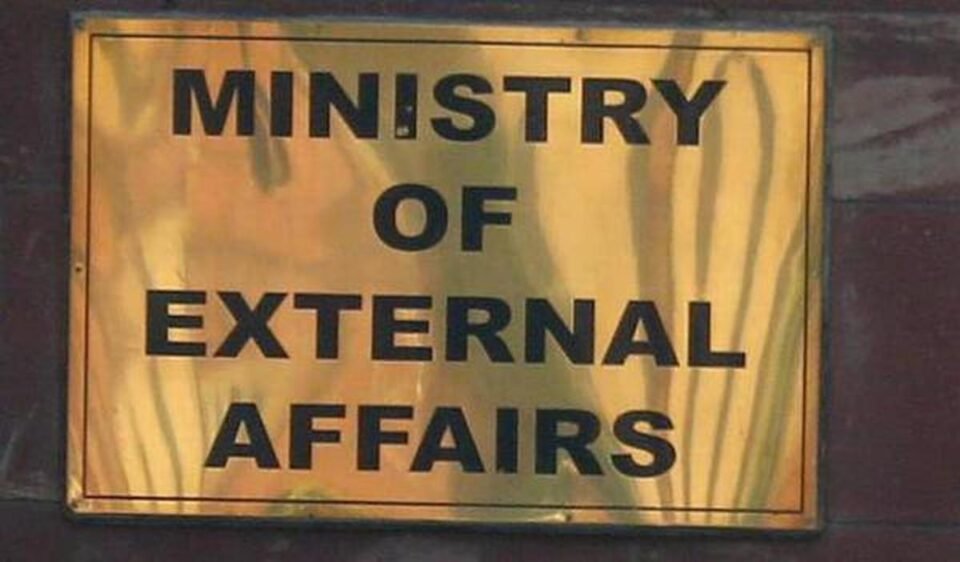India has welcomed the Taliban’s initiative to restore property to the minority Sikhs and Hindus of Afghanistan. In a bid to cleanse Afghanistan’s major cities of property mafia, the ‘Justice Ministry’ of the Taliban administration in Kabul in recent weeks has initiated a largescale crackdown on the owners of properties who had gained these illegally in the previous decades.
Responding to a question from The Hindu during the weekly press briefing, Randhir Jaiswal, Official Spokesperson of the Ministry of External Affairs on Friday said, “We have seen repots on this issue. If the Taliban administration has decided to restore property rights to their citizens belonging to Afghan Hindu and Sikh community, we see this as a positive development.”
The Hindu had earlier reported that following the decision of the ‘Justice Ministry’, Narender Singh Khalsa, a Sikh leader from Afghanistan, has returned to Kabul after the Taliban assured him and other members of the minority religious communities that their property rights would be safeguarded. Recently, the ‘Justice Ministry’ issued notice to the influential Gulbuddin Hekmatyar, the leader of Hezb-e-Islami, asking him to evacuate the bungalow that he possessed in Kabul. Mr. Hekmatyar was subsequently evicted from his residence by the Taliban. Abdul Hakim Sharaee, the ‘Justice Minister’ of the Taliban administration said Mr. Hekmatyar’s house and office were ‘state-owned properties’ that he had grabbed illegally in the past and therefore had to be surrendered to the Taliban. Mr. Hekmatyar was one of the leading figures of Afghanistan who supported dialogue with the Taliban during the rule of President Ashraf Ghani.
Sources privy to the Taliban’s strategy on property rights have observed that the Taliban believes much of the property landscape of Kabul and other major cities of Afghanistan was altered by people who wielded power at some point in the previous four decades beginning with the arrival of the Soviet forces in the country. It is understood that the Taliban has found that many of the prominent properties belonging to the Sikh community in Kabul’s Karte Parwan neighbourhood were grabbed by the late Mohammed Qasim Fahim, who served as Defence Minister and later as the Vice-President of Afghanistan. Interestingly, Fahim was one of the major commanders of the India-backed Northern Alliance that fought against the Taliban in the 1990s. This particular detail provides an inkling of the complex dynamics in the sphere of ownership of property in Afghanistan.
In the volatile political landscape of Afghanistan during the last four decades, it was not just the Sikhs and Hindus but even many Afghans – who lacked local clout – had to surrender their properties to dominant players like warlords. Analyst Sangar Paykhar believes the Taliban has a rationale behind the campaign. “With steps like restoring property of the Sikhs, Hindus and also of other Afghans who lost property in the decades beginning with the Soviet occupation and the warlord culture that developed subsequently in the early 1990s, they want to be seen as rational actors and convey a message to the world at large which has so far blacklisted them,” he said.
month
Please support quality journalism.
Please support quality journalism.

